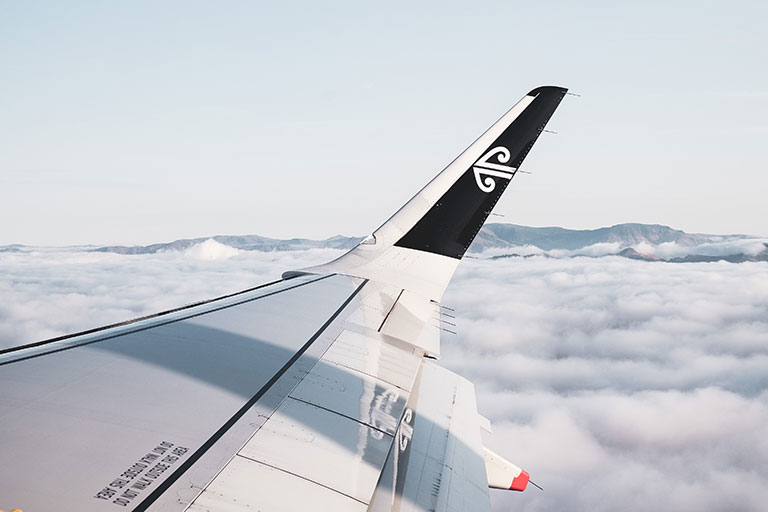Air New Zealand has put NZ$1.5 million on the table, while the government will spend NZ$765,000 on a second phase of considering whether SAF can be produced in New Zealand.
The new generation fuel is made from sustainable feedstock, including used cooking oil, waste animal fat and agricultural waste, and can reduce carbon emissions by up to 80 per cent over its lifecycle, compared to convention jet fuel, making SAF a critical tool for decarbonising the aviation industry. For business events, which rely on aviation to move delegates, speakers, staff and supplies, SAF will also be critical for achieving net zero emissions.
The latest investment follows a lengthy evaluation of proposals from international SAF producers to begin local production in New Zealand.
Two proposals have now progressed into a second phase – one with LanzaJet and another with Fulcrum BioEnergy. LanzaJet is already involved in Australia’s first SAF refinery project, which has received financial support from a joint fund between Australia’s national carrier, Qantas, aircraft manufacturer Airbus, and Queensland’s state government.
Air New Zealand Chief Sustainability Officer Kiri Hannifin says the airline is grateful for the support from the Government to progress work considering the viability of SAF production in New Zealand.
“So much of what we rely on in Aotearoa is based on our magnificent natural assets including tourism and food production. Air New Zealand has a significant role to play in transitioning our economy to a lower carbon future and flying with SAF is a key part of this transition,” said Air New Zealand’s chief sustainability officer Kiri Hannifin.
“Our climate is worsening at a rate far faster than predicted. We all need to take immediate and drastic action to protect what we love, including our land, and all that depends on her.
“Globally, SAF is in very high demand but limited supply. Commercially producing SAF in New Zealand would not only help lower the country’s emissions while creating jobs, regional economic development, and Māori and Iwi investment opportunities, but also provide energy security and energy independence which is something New Zealand doesn’t have.”
The second phase of feasibility studies is expected to be complete in early 2024.




















